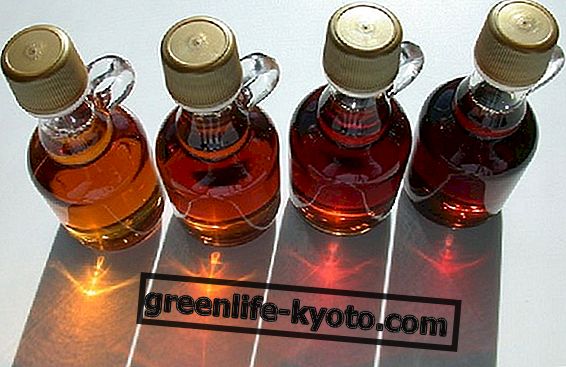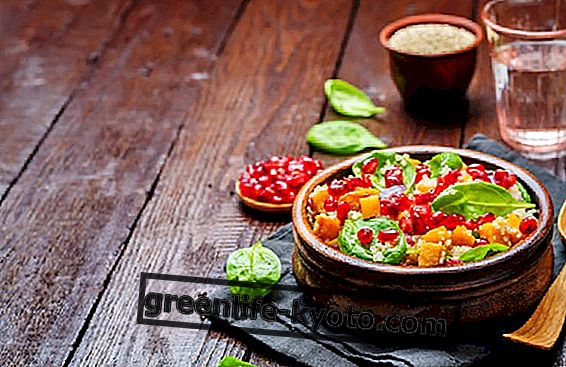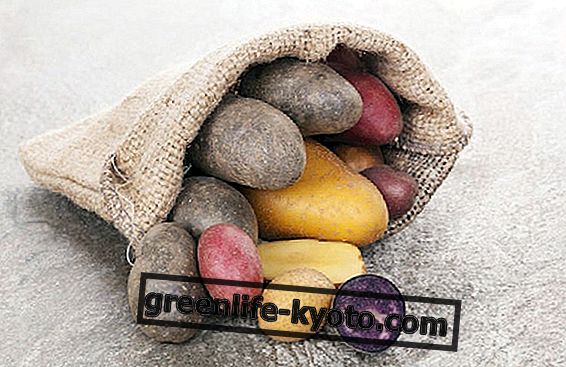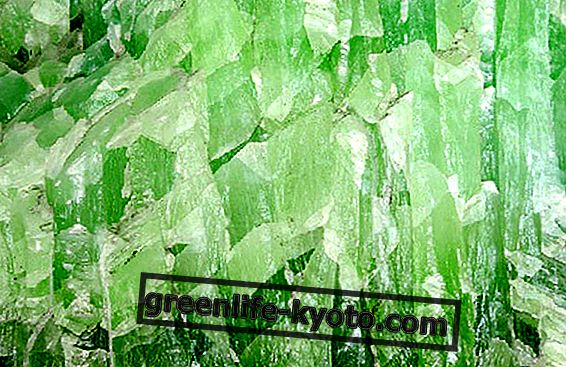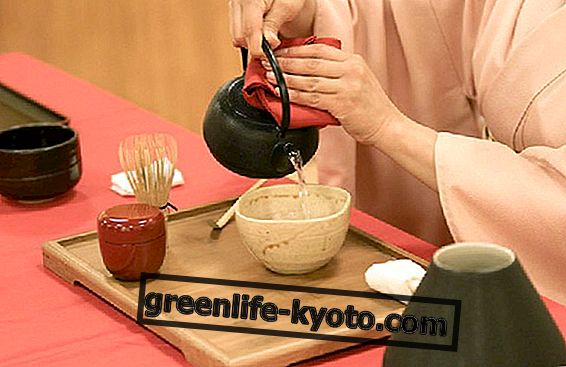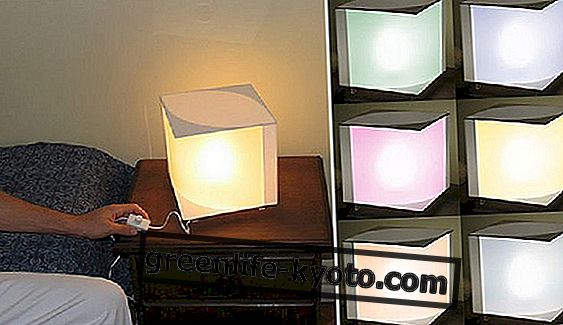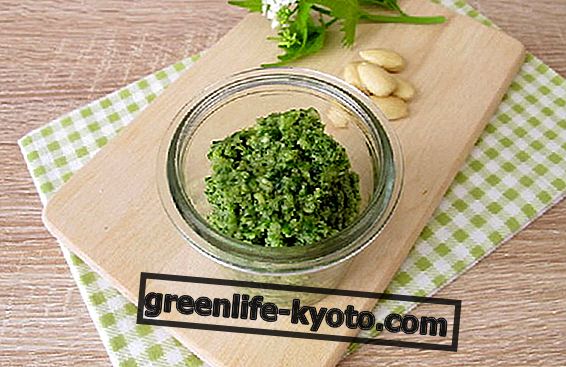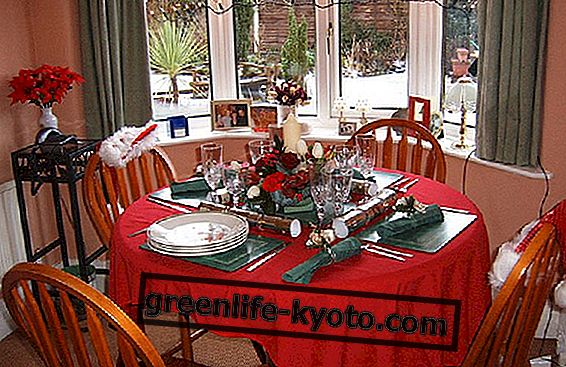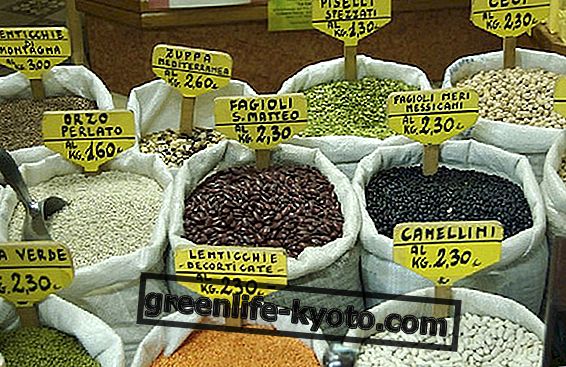Curated by Maria Rita Insolera, Naturopath
The dulcamara, a poisonous plant, is actually an excellent aid in the case of hypothermia and colds, as well as dysentery. Let's find out better.
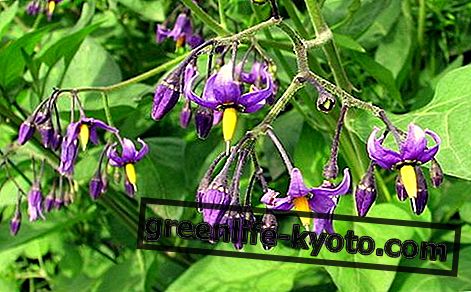
Properties and benefits of the Dulcamara
Dulcamara is a valid remedy in the treatment of hypothermia and colds, as well as dysentery. Thanks to the heating and disinfecting action, the dulcamara soothes rheumatic disorders, caused by weather changes, particularly when the weather changes from wet to cold.
The Dulcamara has the following properties: expectorant, purifying, homeopathic, purgative, diuretic, narcotic, soothing pain, hepatoprotective, emetic but also poisonous due to the presence of alkaloids . The dulcamara, in fact, contains mainly solamarini and alkaloid solanine.
These substances stimulate the glands and mucous membranes: in case of poisoning tremors, abdominal pain, dysentery and vomiting occur. The homeopathic remedy consequently calms the mucous membranes and is able to heat the whole organism.
Method of use
In herbal medicine the Dulcamara plant can be used in the preparation of soothing infusions of nervous-type coughs and tablets used against skin diseases.
The natural remedies that take advantage of the dulcamara are of various kinds, including the treatment of seasonal colds and related disorders (nasal congestion, fever), allergies, skin diseases, rheumatism. The dulcamara can be used in the following cases:
- Chronic eczema : take 40 drops of fluid extract per day.
- Rheumatism : pour a cup of hot water on a teaspoon of dried grass; leave to infuse for 5 minutes, then strain and drink 2 cups a day for 1-2 months.
The dulcamara is a plant used by homeopathic medicine as a remedy to address some particular health conditions, using the stems and leaves that are particularly rich in substances and healing properties.
Contraindications of Dulcamara
The juice of the leaves and branches is poisonous and can cause dysentery, vomiting, rashes and cramps.
The most poisonous part is, however, the berries, especially the immature ones, because the solanine is present in the green parts, which, if ingested, can cause vomiting, excruciating intestinal pains, decrease in the frequency of the breath, loss of consciousness.
Do not take dulcamara extracts in case of bradycardia, bronchial asthma and glaucoma.
Description of the plant
The dulcamara ( Solanum dulcamara ) is a perennial plant 60 to 120 cm tall belonging to the Solanaceae family.
The stem has a sweetish taste with a bitter aftertaste, is a climbing plant and is recognized for its violet-shaped star-shaped flowers and its green berries at the beginning and red when ripe (which are poisonous).
Habitat of the Dulcamara
Dulcamara is a common plant throughout the Italian territory. Vegeta in cool and rather humid places, on uncultivated land, on the banks of streams.
Background
The name Dulcamara is due to the taste of the twigs, first bitter and then sweet, which were chewed like the sprigs of licorice. The stems of the dulcamara were used since the time of the Greeks to cure numerous ailments, including bruises and warts, and were hung on the neck of the sheep to keep away the evil spirits.
